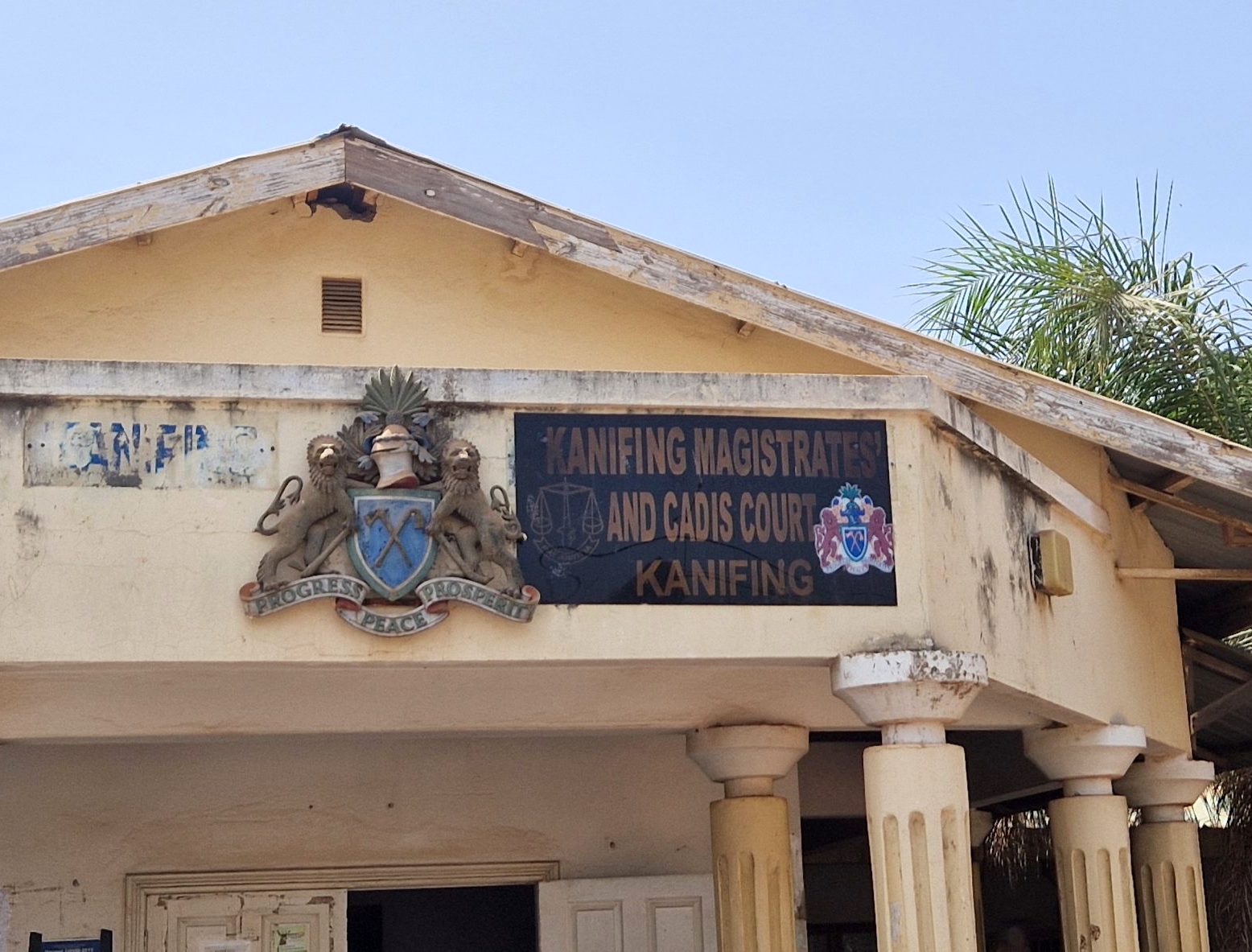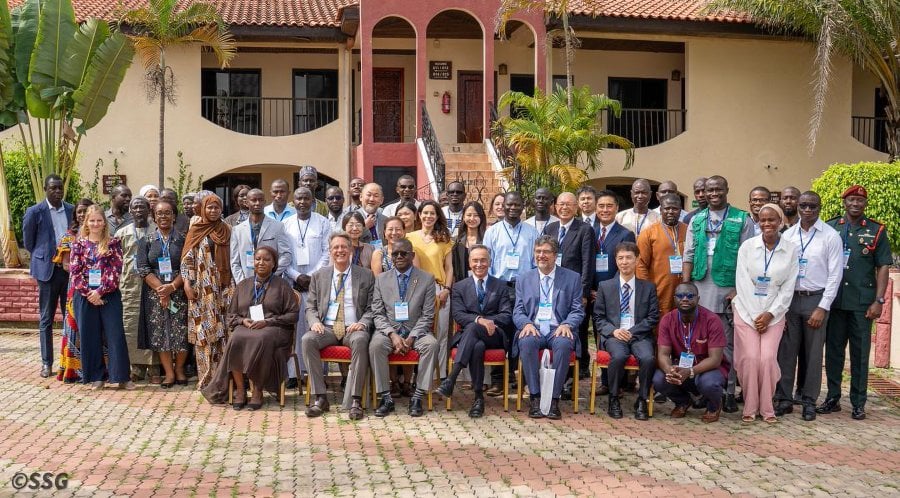Gambiaj.com – (BANJUL, The Gambia) – The Gambia has reaffirmed its commitment to protecting mothers and newborns from preventable infections through a two-day National Workshop on Advancing Triple Elimination, focused on integrating hepatitis B prevention and diagnostics into antenatal care.
The event, held from October 20–21, 2025, marks a major milestone in the country’s roadmap toward eliminating mother-to-child transmission (MTCT) of HIV, syphilis, and hepatitis B (HBV), a key national public health priority.
Strengthening Integration of Hepatitis B Testing in Antenatal Care
While The Gambia has made remarkable strides in reducing MTCT of HIV and syphilis, hepatitis B prevention continues to pose challenges, largely due to limited access to HBV DNA testing, which is critical for identifying pregnant women at high risk of transmitting the virus to their infants.
The workshop brought together national and international experts, policymakers, and researchers to share evidence and best practices for integrating the new highly sensitive hepatitis B e antigen (HBeAg-hs) rapid diagnostic test into maternal health programs.
This point-of-care innovation can identify high-risk pregnant women who need prophylaxis, thereby expanding access to HBV prevention services within antenatal care.
“MRCG at LSHTM has worked on HBV hand in hand with the Ministry of Health for many years and remains committed to supporting HBV elimination in The Gambia and beyond,” said Professor Umberto D’Alessandro, Director of MRCG at LSHTM. “The outcomes of HBV research in The Gambia continue to inform public health policies across Africa and globally.”
The forum also served as a platform to exchange experiences in preventing MTCT of HIV, syphilis, and HBV, and to explore opportunities for further integrating HBV screening and treatment into existing health services for mothers.
Global Collaboration to Drive Progress in Triple Elimination
The workshop featured representatives from WHO, UNICEF, the Coalition for Global Hepatitis Elimination (CGHE), Fujirebio, JIHS, and the British High Commission and Embassy of France in The Gambia.
Their participation underscored the importance of multi-sectoral collaboration and global solidarity in advancing maternal and child health.
Discussions highlighted innovation, evidence-based strategies, and strong partnerships as essential drivers for achieving the global triple elimination targets.
The integration of HBV prevention into antenatal care was recognised as a critical step toward more resilient health systems and improved health outcomes for mothers and infants.
Building Capacity for Frontline Health Workers
Following the workshop, a two-day hands-on training session was conducted for nurses, midwives, and laboratory personnel on implementing the HBeAg-hs rapid diagnostic test. Jointly organized by the Ministry of Health and Fujirebio, the training enhanced participants’ technical skills in HBV prevention and diagnostics within the broader triple elimination framework.
Dr. Gibril Ndow, Assistant Professor at MRCG at LSHTM and Director of Research at COR-HEPB, described the new test as a “game changer” for The Gambia’s hepatitis B response.
“The HBeAg-hs rapid test is a promising point-of-care tool that enables decentralized HBV screening and prophylaxis within antenatal settings,” he said. “This workshop and subsequent capacity building could transform hepatitis B elimination in The Gambia.”
A Regional Model for Maternal and Child Health
The Gambia’s leadership in integrating innovative diagnostics and prevention strategies reflects its growing momentum toward achieving triple elimination of HIV, syphilis, and hepatitis B. Through collaboration, research, and capacity strengthening, the country is setting a regional example in safeguarding maternal and child health for generations to come.










